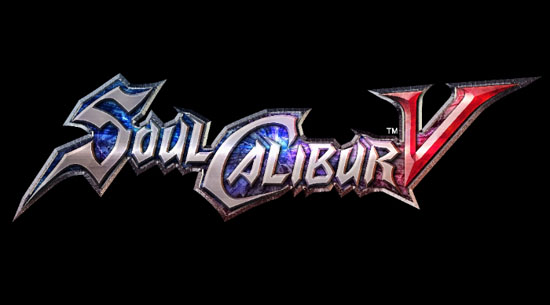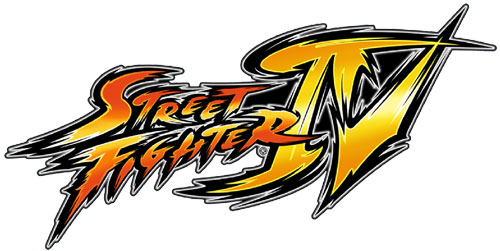Better late than never review: SoulCalibur V
 Tue, December 4, 2012 at 4:58 PM
Tue, December 4, 2012 at 4:58 PM 
The once venerable SoulCalibur series has lost its way. The series that swept into prominance on Sega’s ill-fated white box, gloriously representing the downfall of arcades with its stunning presentation and packed feature set, has struggled to find its way in the modern era. After a sophomore success that many fans still see as its pinnacle, Namco produced two sequels that each failed to live up to their predecessors in their own unique way.
SoulCalibur V is evidence of a series continuing to struggle with a serious identity crisis, the roots of which were planted as far back as the beloved SoulCalibur II. The zenith of SoulCalibur’s popularity also saw the introduction of guest characters that, while seemingly innocuous at the time, signaled a marketing-driven tone that hinted at the difficulty Namco would face balancing its desire to sell more copies with the necessity of keeping the game relevant among the passionate niche of fighting game players that make up the tournament community. The clash between the hardcore zealots and the casual button mashers has long been at the core of the series’ problems.
SoulCalibur V wrestles these inner demons better than either of its two troubled predecessors. The obligatory guest character, Assassin’s Creed’s Ezio Auditore, fits SoulCalibur’s aesthetic and tone better than Namco’s own two bizarre newcomers, magic orb wielding Viola and pseudo werewolf Zwei. The gameplay is solid, with a well-balanced cast fighting with renewed enthusiasm thanks to the speed boost the combat has received. Solid ideas have been borrowed from other modern fighting games in the form of super moves and meter management. These won’t win points for originality, but they do more to change up the strategies and tactics of fights than anything in the series’ history since Soul Edge became SoulCalibur. SoulCalibur V feels fresh again.
But trouble lurks in the periphery.
 360,
360,  fighting,
fighting,  namco,
namco,  ps3,
ps3,  review,
review,  soul calibur,
soul calibur,  soulcalibur in
soulcalibur in  Reviews,
Reviews,  Video Games
Video Games 




